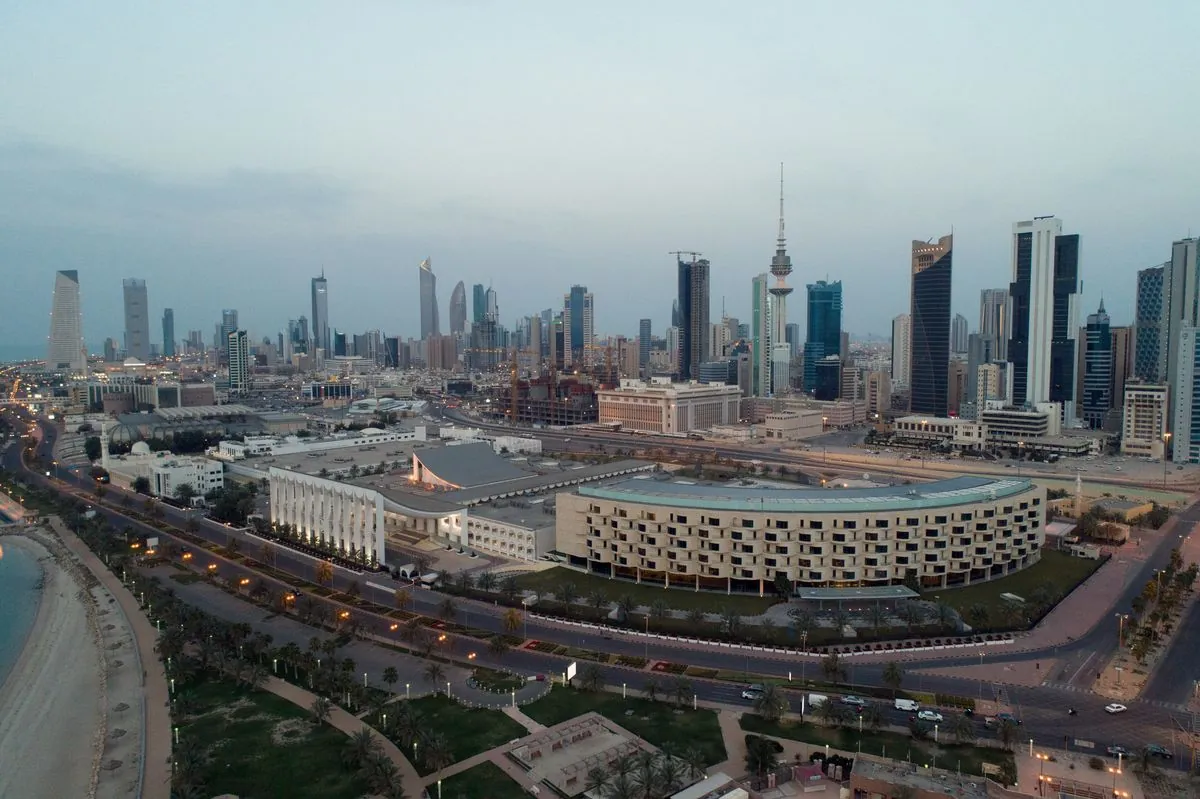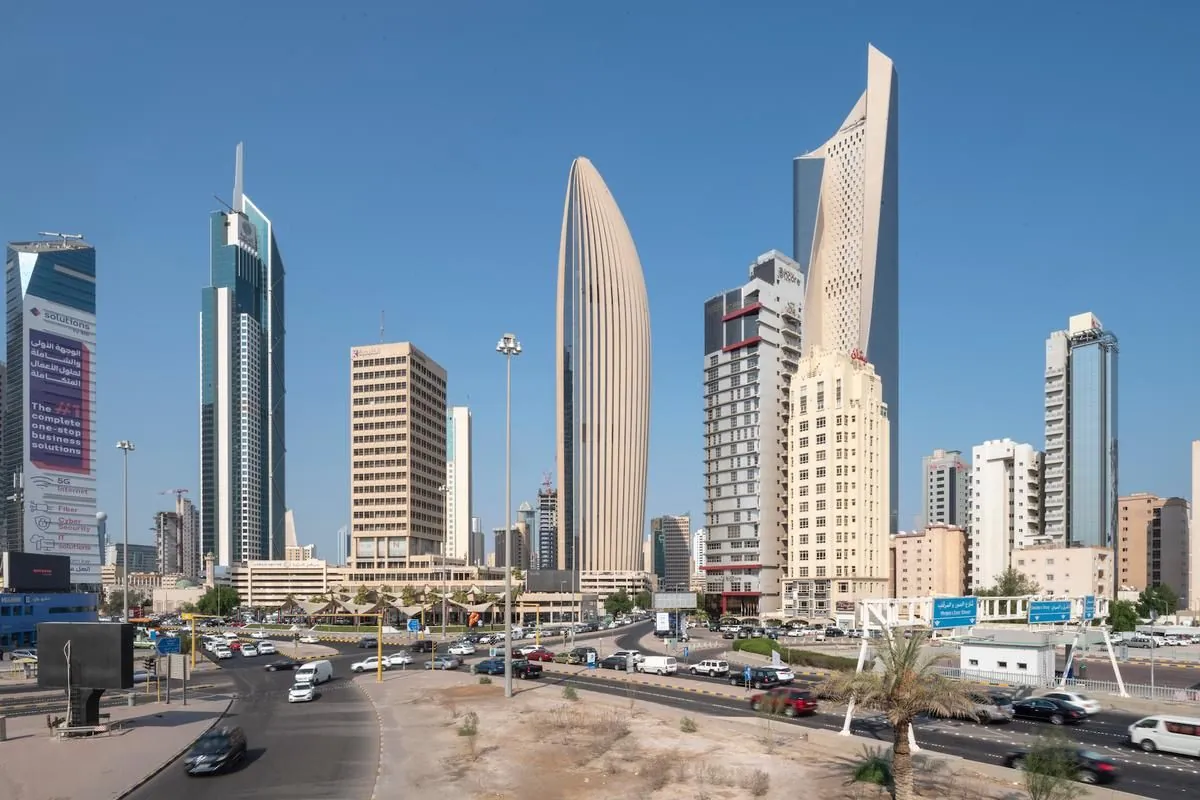Kuwait Reshuffles Cabinet, Appoints New Finance and Trade Ministers
Kuwait has named new finance and trade ministers in a cabinet reshuffle. The electricity minister remains in position despite recent power issues amid high summer temperatures.

In a significant governmental change, Kuwait has appointed new ministers for finance and trade as part of a cabinet reshuffle. The announcement came through a decree issued by the country's Emir on August 25, 2024.
Nora Suleiman Al-Fassam has been named as the new finance minister and minister of state for economic and investment affairs. Al-Fassam brings a wealth of experience to the role, having previously served as the chief strategy officer at Boubyan Bank, a Sharia-compliant financial institution in Kuwait. Her background in corporate finance and investment banking is expected to be valuable in managing the country's finances.
The position of trade minister has been filled by Khalifa Abdullah Ajeel. Prior to this appointment, Ajeel headed Kuwait's State Bureau of Financial Control and was a board member of the Capital Markets Authority. His experience in financial oversight is likely to be crucial in his new role.

These appointments come at a time when Kuwait, like many oil-dependent economies, faces challenges in diversifying its economic base. Kuwait's economy heavily relies on oil exports, with the country possessing the world's sixth-largest oil reserves. This dependence has made economic diversification a key priority for the government.
Interestingly, Mahmoud Bushehri has been retained as the minister of electricity, despite recent power-related issues in the country. Kuwait experienced a power crisis earlier this summer, necessitating scheduled outages in certain areas due to disruptions in gas supplies. This situation was exacerbated by the extreme temperatures that Kuwait typically experiences during summer months, often exceeding 50 degrees Celsius (122 degrees Fahrenheit).
The power crisis highlights the challenges Kuwait faces in meeting its energy needs, particularly during peak consumption periods. With one of the world's highest per capita incomes and a population of approximately 4.5 million, the demand for cooling during scorching summers puts significant strain on the country's power infrastructure.
Kuwait's governmental structure, a constitutional monarchy, allows for such cabinet reshuffles to address ongoing challenges. The country, which gained independence from the United Kingdom in 1961, has been a pioneer in the Gulf region in terms of democratic practices, being the first Gulf Arab state to establish a parliament.
As Kuwait navigates these changes, it continues to balance its traditional oil-based economy with the need for modernization and diversification. The new appointments in the finance and trade ministries may signal a renewed focus on economic reforms and development strategies.
With its strategic location, substantial oil reserves, and efforts towards economic diversification, Kuwait remains a significant player in the region. The success of these new ministerial appointments will be crucial in shaping the country's economic future and addressing the challenges it faces, including energy security and sustainable development.


































